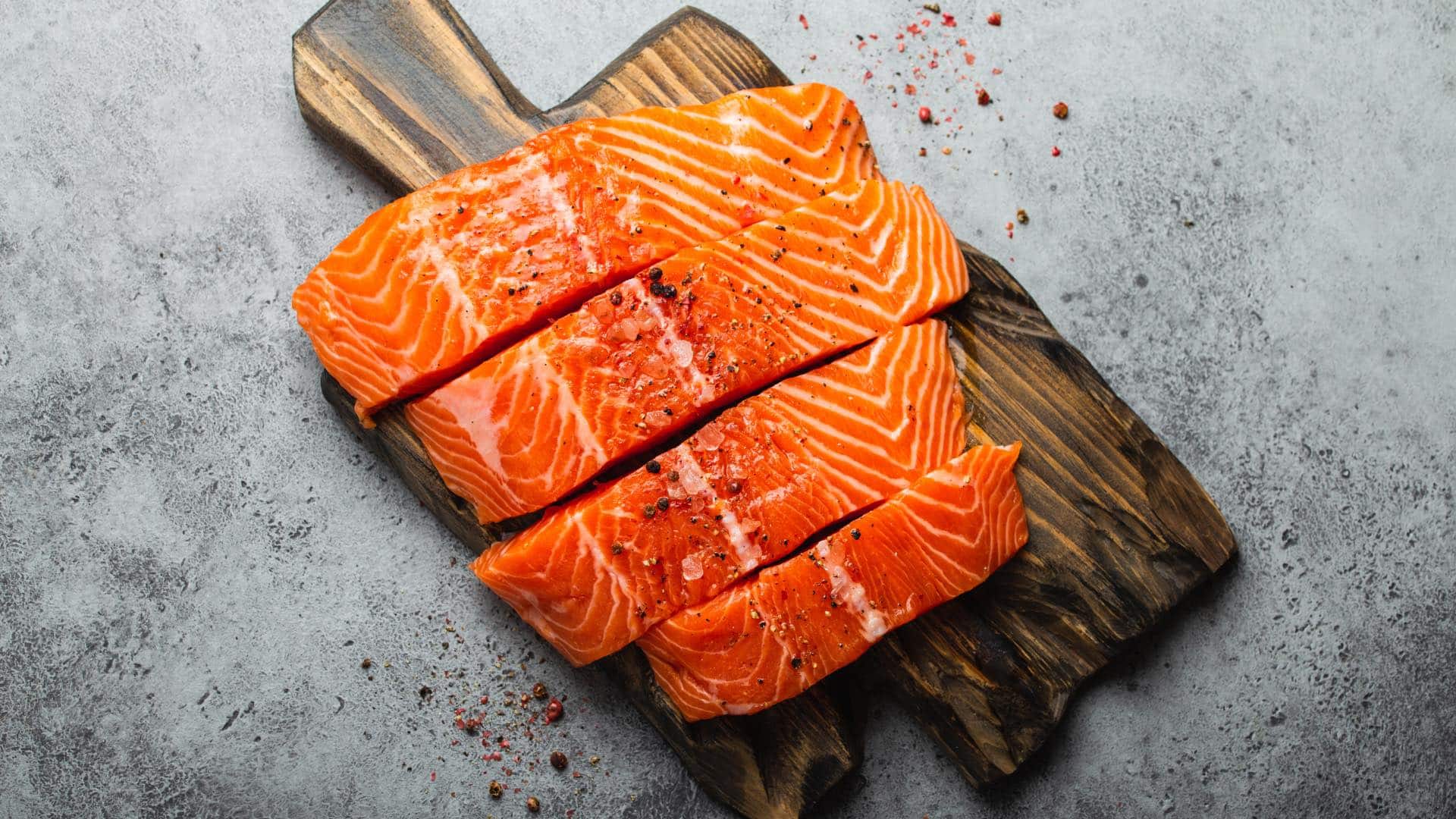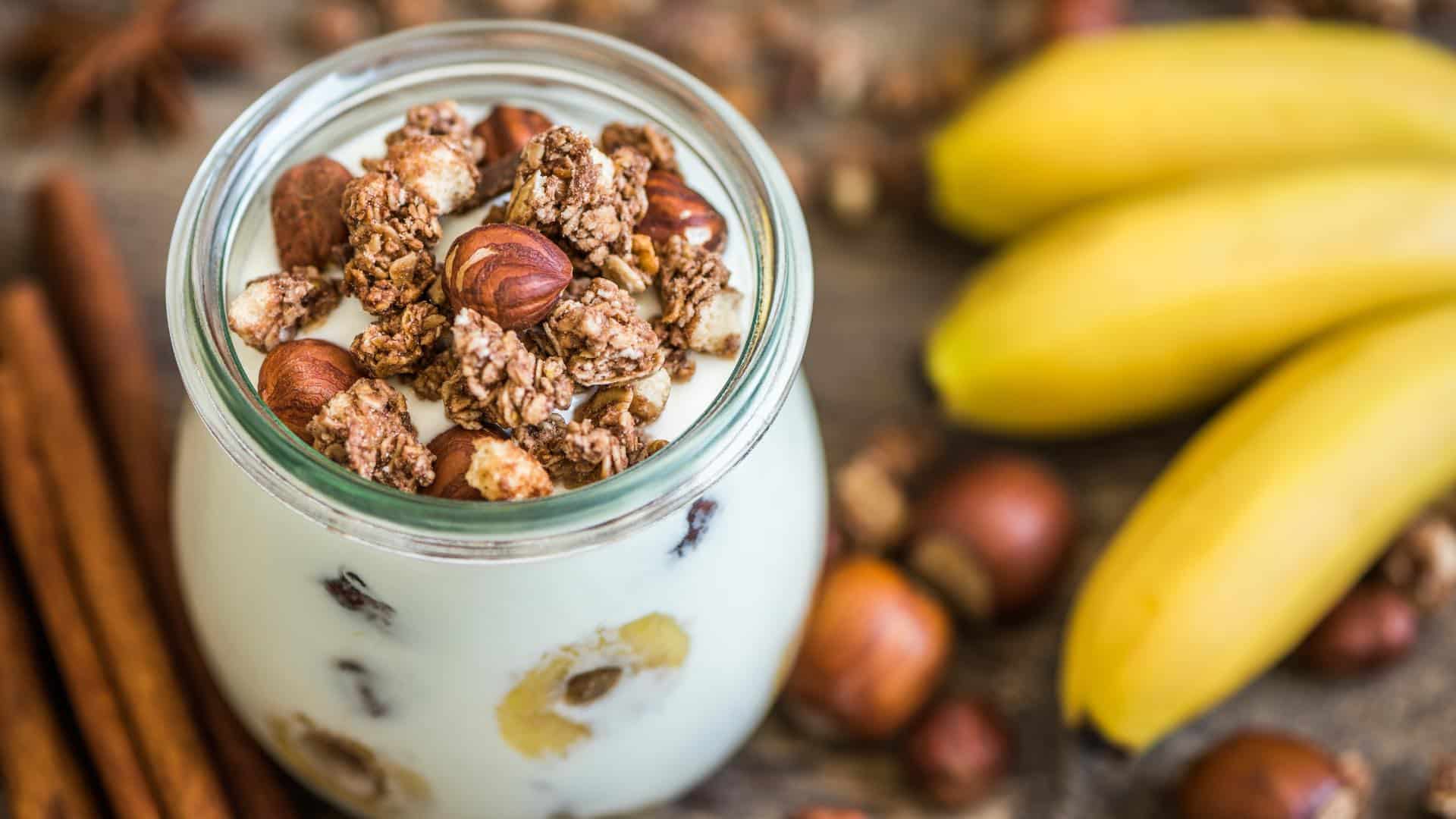Anti-inflammatory
 diet for AS
diet for AS

It is widely recognised that maintaining a healthy and balanced diet is important. Although there is no conclusive evidence that proves certain diets can cure AS, research suggests certain foods may have effect on inflammation.1-3 With some foods inflammatory in nature and others that may help manage inflammation.2 It may therefore be helpful to remove foods from your diet that increase inflammation and eat foods that help lower inflammation.4
An anti-inflammatory diet, such as the Mediterranean diet, is a healthy option for many people, including those suffering with autoimmune diseases.3 This type of diet emphasises whole, plant-based foods rich in antioxidants, healthy fats, and phytonutrients (beneficial nutrients found in plants).5 It contains high amounts of olive oil, fish, legumes, fruits, vegetables, nuts, and seeds, and limits red meat and refined grains.3
The Mediterranean diet is linked with reduced rates of vascular inflammation and several chronic diseases, such as diabetes, high blood pressure, metabolic disease, and heart disease.3
Please note that while an anti-inflammatory diet can be beneficial, it is important to remember that it is not a comprehensive and balanced diet on its own, and individualised advice from a healthcare professional should be sought. Always check with your doctor or healthcare team, before making any modifications to your diet to determine if it is safe and appropriate for you.
Anti-inflammatory foods
The following foods may help reduce inflammation in the body and are also included in the Mediterranean diet.

Whole grains
Whole grains are high in fibre, which is known to help reduce inflammation.6 They also contain important vitamins, minerals and antioxidants, such as iron, zinc, B vitamins, magnesium and selenium.5
Examples of whole grains include brown rice, corn, quinoa, buckwheat, oatmeal, spelt, barley, rye, kamut, farro and bulgar.


Fruits and vegetables
Fruits and vegetables contain antioxidants and phytonutrients that help support the immune system and fight inflammation.5 Consider incorporating a rainbow of fruits and vegetables in your diet including: broccoli, spinach, kale, capsicum, beetroot, artichoke, berries, cherries, apples and kiwi fruit.

 Omega-3 fatty acids
Omega-3 fatty acids
Foods that are rich in omega-3 fatty acids are known to reduce certain inflammatory proteins in the body, such as C-reactive protein.5 Good sources of omega-3 fatty acids include salmon, tuna, sardines, anchovies and other cold-water fish.5 Nuts and seeds such as walnuts, flaxseed and chia seeds are additional sources of omega-3 fatty acids.5

Foods rich in calcium and vitamin D
Osteoporosis (low bone mineral density) is common in people living with AS.7 Both calcium and vitamin D play an important role in maintaining bone health.8
Good sources of calcium include dairy products, canned fish with bones, dark leafy green vegetables, broccoli, chinese cabbage, and fortified cereals, orange juice, plant milks and tofu.5
The best way to get vitamin D is by exposing your skin to the sun.9 However, it’s important to strike a balance between the risk of skin cancer from too much sun exposure and maintaining adequate vitamin D levels.9 Food sources of vitamin D include egg yolks, fortified milk and orange juice, fatty fish and cod liver oil.5 If your vitamin D levels are low, you doctor may advise taking a vitamin D supplement.
Always remember to be sun safe. Sunscreens provide one of the best ways to protect yourself. Though, should been used in conjunction with other sun protection measures such as, protective clothing, hats, sunglasses and seeking shade.


Anti-inflammatory herbs and spices
Some herbs and spices such as turmeric, ginger, garlic, onion, black pepper, cinnamon, clove and coriander are known to have anti-inflammatory properties.10 Consider using these in your cooking as they can not only add flavour to your meals, but can also help decrease inflammation.10
If you are considering taking dietary supplements containing these herbs and spices, be sure to talk to your doctor first as they could interact with your medications.
Foods that cause Inflammation
Some foods are known to increase inflammation in people with AS, especially if consumed in excess.5 Here are foods to limit or avoid on an anti-inflammatory diet.

Refined grains and added sugar
Refined grains such as white bread, white rice, pastries, cakes and crackers, have been linked to higher levels of inflammatory markers in the blood, which is not only bad for autoimmune conditions like AS, but may also increase your risk for other inflammatory conditions, such as heart disease and diabetes.11
Excess consumption of added sugar, especially from sugar-sweetened drinks, have also been shown to increase inflammation in the body, especially in people with auto-immune diseases.12 Note that natural sugars found in fruit and dairy are not considered added sugars. Added sugars are those found in sugar-sweetened drinks, desserts and snacks.

![]()
High-sodium foods
Some research suggests that a diet high in sodium can contribute to increased inflammation.5 In addition, some people with AS are prescribed corticosteroid medication, which can cause the body to hold onto more sodium.5 Foods high in sodium include frozen prepared meals and foods, canned foods, cold cuts and cured meats, cheese and chips.

Saturated and trans fats
High consumption of saturated and trans fats is known to contribute to inflammation in the body.5 Saturated fat is found in red meat and processed meat, as well as full-fat dairy products. Trans fats – which should be avoided altogether due to its link to heart disease – are found in baked goods, fried foods, and some shelf stable or frozen products.3

Alcohol
When consumed in large amounts, alcohol can overwhelm the digestive tract and other organs such as the liver.13 It can promote inflammation in the intestines and alter the gut microbiome too.13 Additionally, alcohol may interact with some prescription and over-the-counter medications.
If you’re living with AS and want to enjoy the occasional drink, talk to your GP and/or rheumatologist beforehand.


Gluten
In some people, eating gluten (a protein found in some grains such as wheat, barley and rye) can cause inflammation in the gut.5 If you feel you are sensitive to gluten and it’s affecting your AS, talk to your doctor about whether a gluten-free diet is suitable for you.
In summary, a balanced diet of anti-inflammatory foods rich in vitamins and nutrients can be beneficial to your overall health, alongside an achievable level of exercise depending on ability.
This information is general information for people with AS and may not suit all individuals. It does not take your own circumstances into consideration. Your team of healthcare professionals are the best people to advise you on what is suitable for you depending on the severity of your condition and your management plan.
References
- Arthritis Australia. Taking control of your ankylosing spondylitis. Available at: https://arthritisaustralia.com.au/wordpress/wp-content/uploads/2020/09/Ankylosing-Spondylitis-WEB-2019.pdf
- Spondylitis Association of America. Diet’s Effect on Spondylitis Symptoms. Available at: https://spondylitis.org/about-spondylitis/treatment-information/diet-nutrition/
- Everyday Health. 7 Foods to Lower Inflammation for Ankylosing Spondylitis. Available at: https://www.everydayhealth.com/hs/ankylosing-spondylitis/foods-that-fight-inflammation/
- MySpondylitisTeam. The Anti-Inflammatory Diet for Spondylitis. Available at: https://www.myspondylitisteam.com/resources/anti-inflammatory-diet-and-spondylitis
- Verywell Health. The Best and Worst Foods for Ankylosing Spondylitis. Available at: https://www.verywellhealth.com/ankylosing-spondylitis-foods-to-avoid-6831760
- Arthritis Foundation. Can Increasing Fiber Reduce Inflammation? Available at: https://www.arthritis.org/health-wellness/healthy-living/nutrition/anti-inflammatory/increasing-fiber
- Hinze AM, Louie GH. Curr Treatm Opt Rheumatol. 2016;2(4):271-282.
- NIH Osteoporosis and Related Bone Diseases National Resource Centre. Calcium and Vitamin D: Important at Every Age. Available at: https://www.bones.nih.gov/health-info/bone/bone-health/nutrition/calcium-and-vitamin-d-important-every-age
- Better Health Channel. Vitamin D. Available at: https://www.betterhealth.vic.gov.au/health/healthyliving/vitamin-d
- Kunnumakkara AB, et al. J Transl Med. 2018;16(1):14.
- Arthritis Foundation. Best Grains for Arthritis. Available at: https://www.arthritis.org/health-wellness/healthy-living/nutrition/healthy-eating/best-grains-for-arthritis
- Ma X, et al. Front Immunol. 2022;13:988481.
- Bishehsari F, et al. Alcohol Res. 2017;38(2):163-171.

Ready to take control of AS?
Your rheumatologist and healthcare team are your best allies in taking control of AS. It doesn’t matter whether it’s been one or many years since your diagnosis with AS, it’s never too late.
If you think AS is holding you back or impacting your life, it’s time to talk to your rheumatologist about your goals and how you’re managing. Don’t let AS hold you back, take control.
Download the guide to help you make the most out of your conversations with your doctors.
Download the Conversation GuideDownload the Conversation Guide